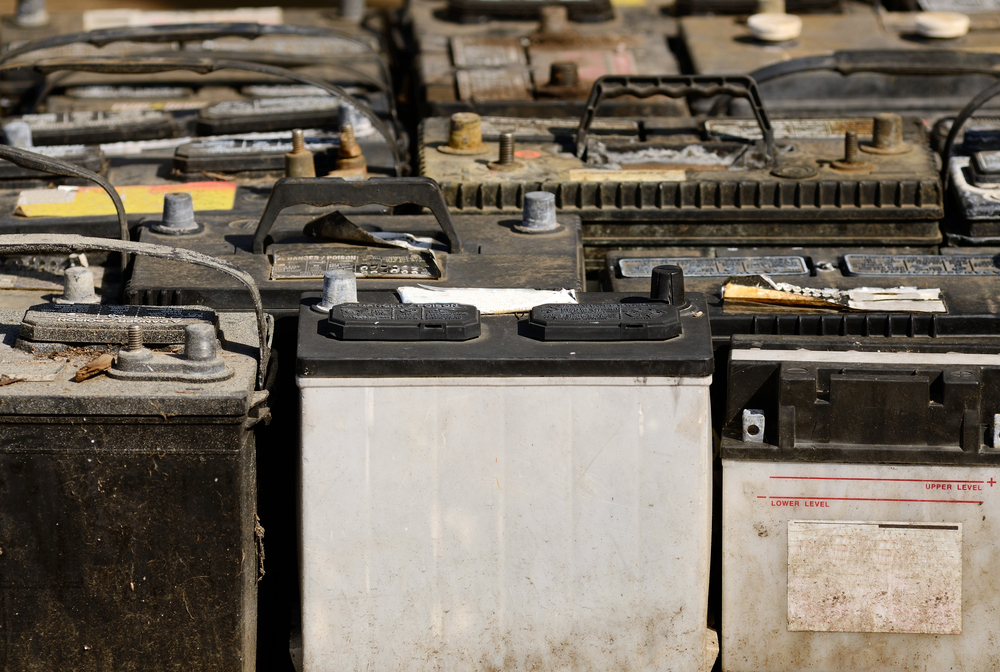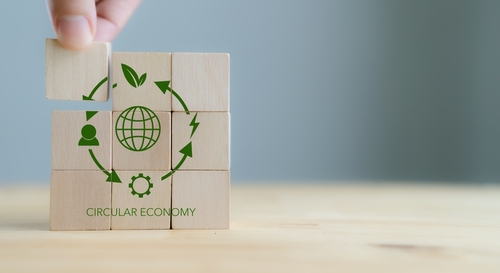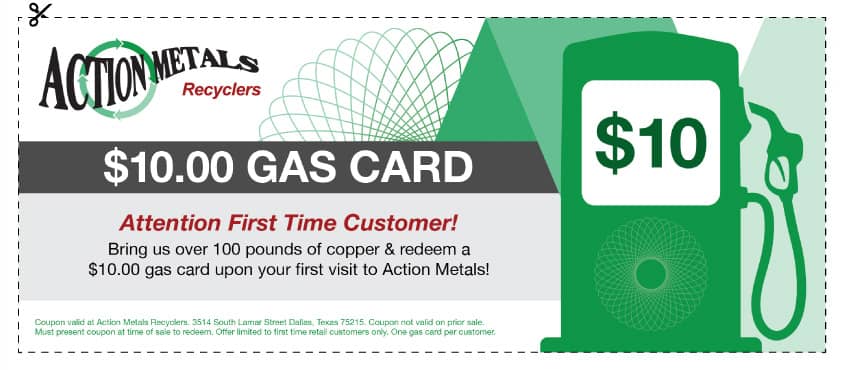Hey there, scrappers, Boris here from Action Metals Recyclers. As one of the top scrap yards in the Dallas area, we take in all kinds of metal for recycling.
While steel and aluminum are easy go-tos for the recycling process, there are some metals and contaminated items that we simply can’t accept due to safety and environmental reasons. Let’s dive into what those are and why they can’t go through the standard recycling process.
Radioactive Metals
When you hear the word “radioactive”, you probably think of nuclear power plants or maybe a crazy science experiment gone wrong. But radioactive metals can actually show up in some surprising everyday items like smoke detectors, old radium watches and clocks, antique ceramics, aircraft dials, and other flight instruments.
Radioactive metals give off ionizing radiation which can increase the risk of cancer and other serious health issues with exposure over time. According to the Nuclear Regulatory Commission, around 10 million smoke detectors are discarded each year in the US containing small amounts of radioactive americium-241.
So why can’t we recycle these? Well, radioactive materials require extremely specialized handling, storage, and disposal procedures to protect workers and the environment. Standard scrap yards simply aren’t equipped to safely process items contaminated with radioactive isotopes.
The Mercury Menace
You’ve probably heard that mercury is toxic, but did you know it’s actually a liquid metal at room temperature? It was once commonly used in all sorts of household products like:
- Older thermometers
- Fluorescent lightbulbs
- Button cell batteries
- Antique barometers and thermostats
If those items break or leak, the mercury vapors and liquid can cause serious neurological damage if inhaled or absorbed through the skin. The stats don’t lie – the EPA states that roughly 2,220 metric tons of mercury is released into the air, water, and soil each year.
Because mercury persists in the environment and bioaccumulates in the food chain, it requires very specialized recycling and disposal processes that we can’t provide. Even minuscule amounts can contaminate entire lots of metal.
Lead
Like mercury, lead is an incredibly toxic heavy metal that can wreak havoc on the nervous system, especially for kids. Some common sources of lead contamination include:
- Lead-acid batteries
- Lead solder in older electronics
- Lead paint chips and dust
- Lead sheeting or pipes
While lead can technically be recycled through specialized smelters, we have to be extremely careful about any potential cross-contamination. A few rogue lead items could make entire loads of metal unsafe for typical recycling streams.
So What Happens to These Metals?
Good question! There are proper disposal and recycling channels for these kinds of hazardous materials, but they require specialized facilities and protocols.
Items containing radioactive sources have to be carefully handled and stored before being transferred to disposal sites designed for low-level nuclear waste. For mercury and lead, certain recycling operations can properly process and extract these metals through high-temperature smelting and other methods.
The bottom line is that while recycling is awesome, some materials are just too hazardous for typical municipal or scrapyard recycling programs.
Don’t Scrap Your Scrap Metal Profits! Make More With Action Metals Recyclers!
I know, it seems like kind of a bummer to end on that note, right? But protecting people and the planet is a key part of what we do. The good news is that when it comes to accepting and paying top dollar for quality, clean scrap metal, Action Metals Recyclers has you covered!
We pay the best prices for all kinds of ferrous and non-ferrous metals like steel, aluminum, copper, and more across the entire Dallas metro area. Our outstanding customer service, quick and efficient processes, and dedication to environmental responsibility are what set us apart.
So before you go tossing those old appliances, car parts, or construction materials in the dumpster, load them up and bring them to our scrap metal recycling facility first! We’ll make sure you get every penny of value while keeping hazardous waste out of the waste stream. It’s a total win-win.
Contact us today to learn more about how you can make more from scrap metal accumulating on your property.








